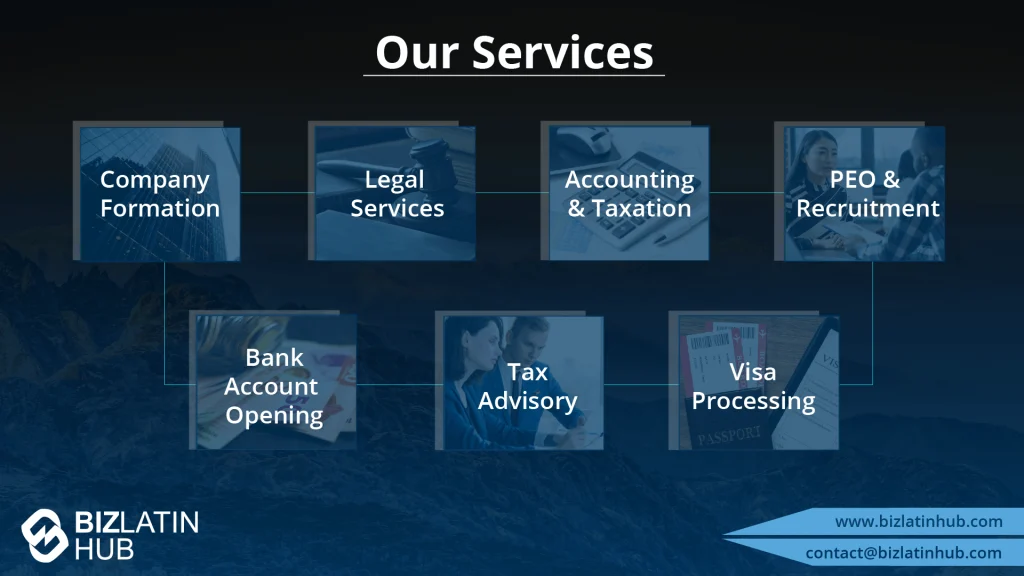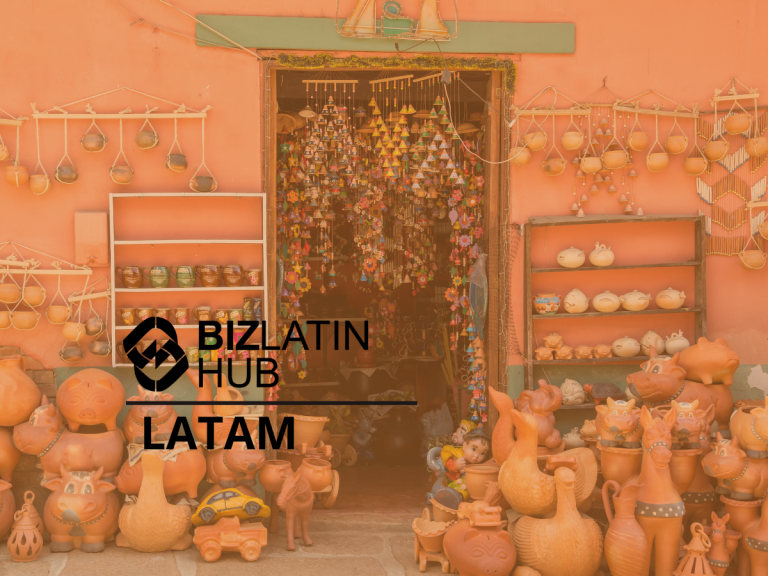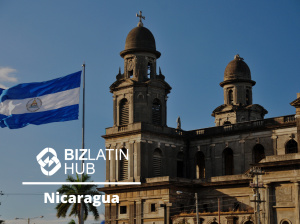On the heels of a global pandemic, 2022 saw the outbreak of war in Ukraine, rising global inflation, and ongoing supply chain disruptions and fluctuations in commodity markets. While uncertainty reigns in the global economy, one thing seems certain: persistent inflation has hit the developing economies of Latin America hard. Across the region, inflation in Latin America is estimated to have decreased to 3.8% by the end of 2023, and is predicted to continue to decline in 2024 and reach 3.2%.
The inflationary shocks these events caused were felt globally, but many Latin American countries saw their currencies depreciate at roughly the same time as global food prices have gone up. This has hit the region’s poor especially hard. As of November 2023, 43.2 million people in Latin America and the Caribbean are experiencing moderate to acute food insecurity, a more than six-fold increase compared to the pre-COVID 19 level of 4.3 million in early 2020, according to the World Food Programme.
These statistics should be of concern to foreign entrepreneurs, companies and investors who are considering entering a Latin American market (like LLC formation in Chile, for example) or already hold vested interests in one or more countries in the region. Crucially, it must be noted that inflation in Latin America has not hit uniformly; some countries feel the effects more acutely, while others have done a good job weathering the storm.
How well (or poorly) Latin American countries did in fighting inflation depended on two principal factors: 1) How assertive their central banks were in raising interest rates, and 2) How well a country’s monetary policies were in keeping their currency depreciation within manageable levels.
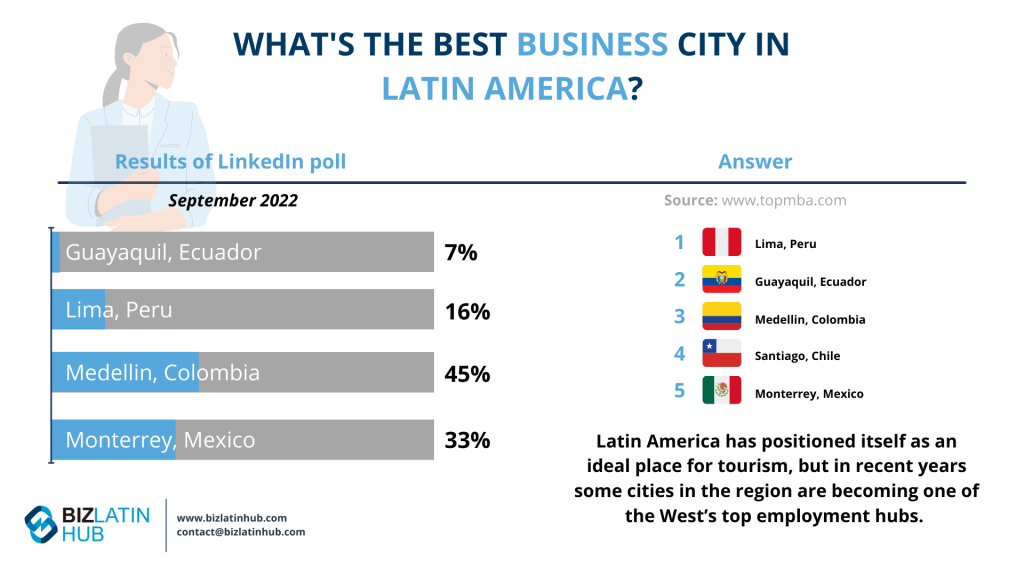
Inflation in Latin America: How Latam currencies have fared in 2022
A recent study by the American Society/Council of the Americas (AS/COA) showed how the currencies of the six largest Latin American economies appreciated or depreciated in value against the US dollar in 2022. The following figures were currency value changes as of October 2022:
- Brazil real: +4.73%
- Mexican peso: +4.1%
- Peruvian sol: -2.16%
- Chilean peso: -16.15%
- Colombian peso: -18.06%
- Argentine peso: -46.17%
With inflation in Latin America, there is a direct correlation between the relative strength of a national currency (or weakness, with Argentina being an extreme example) and the rate of inflation it has experienced this year. The weaker your currency, the more of that currency it costs to import goods and services, and the costlier it is for families to fill their grocery carts.
Rate of inflation in Latin America’s six largest economies
The same AS/COA report tracked the rate of inflation in the six biggest countries in Latin America. What follows are inflation rates as of October 2022:
- Argentina: 83%
- Chile: 12.8%
- Colombia: 12.2%
- Mexico: 8.4%
- Peru: 8.3%
- Brazil: 6.5%
Brazil’s central bank took to fighting inflation the quickest. In March 2021 they hiked interest rates from 2 percent to 13.75 percent – the largest interest rate rise in the region to date. Chile and Colombia were not far behind Brazil, with central banks in those countries pushing up interest rates by 10.75 and 8.25 percentage points, respectively.
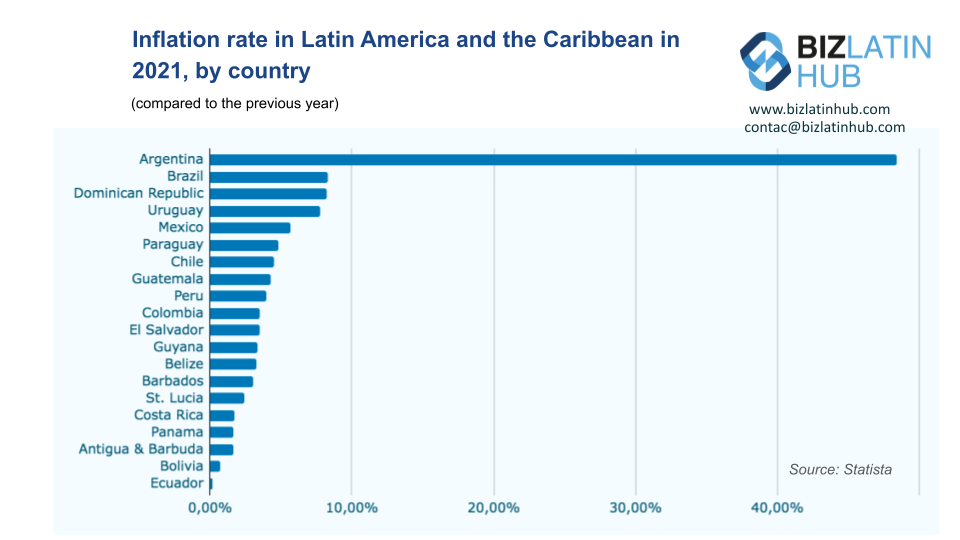
5 ways inflation in Latin America could affect your business
Whether you’re a foreign investor, a business considering making a move into the market, or a business already in operation there, here’s 5 ways that persistent inflation in Latin America could negatively impact your business:
1. Higher operating expenses – The cost of operating a business has gone up across the board – employee wages, property rentals, imports, etc. Inflationary pressure is compounded by any recent currency devaluations (the Colombian peso, for example, has seen a steady decline in value, and in 2022 hit a record low of $5,000 COP for $1 USD).
2. Rise in the price for the goods/services you sell – In an attempt to counter the across-the-board expense rises, many businesses pass a portion of that cost onto the consumer by raising the price of the goods or services they sell. Price hikes are almost unavoidable because inflation in Latin America has a knock-on effect, passing from large suppliers to smaller businesses, and then finally onto the consumer.
3. Sluggish sales – B2C companies will feel the effects of inflation in Latin America straight away, as consumers spend less on non-essentials. For businesses that rely on repeat customers or short-term contracts, rising prices are likely to drive some of their customers away as they seek less expensive alternatives.
4. Inventory reductions – For companies whose primary revenue stream comes from selling goods, one cost-cutting measure being considered (and for some, already carried out) is the reduction of their inventory. Cutting down on stock, and tightening up previously-overlooked inefficiencies in the delivery system seem a prudent policy in tough economic times.
5. Slimmer profit margins – With rising costs comes tighter profit margins. This makes it harder for businesses to reach their margin goals and remain profitable over time. If this becomes unsustainable, then the business will have to make tough choices, such as employee layoffs, slashing marketing/HR budgets, or even closing up shop and leaving the country altogether.
It’s not all bad news, however. There are strategies that businesses can implement to mitigate the effects of inflation in Latin America. Creating a rainy-day fund that you contribute to every month will mean that you can focus on investing in growth when the economy improves and we get back to some sense of normalcy.
Biz Latin Hub can help you with Company Formation and Market Entry in Latin America
At Biz Latin Hub, we provide integrated market entry and back-office services throughout Latin America and the Caribbean, with offices in Bogota and Cartagena, as well as over a dozen other major cities in the region. We also have trusted partners in many other markets.
Our unrivaled reach means we are ideally placed to support multi-jurisdiction market entries and cross border operations.
As well as knowledge about entering Latin American jurisdictions, our portfolio of services includes hiring & PEO, accounting & taxation, company formation, and corporate legal services.
Contact us today to find out how we can assist you in finding top talent, or otherwise do business in Latin America and the Caribbean.
If this article on inflation in Latin America was of interest to you, check out the rest of our coverage of the region. Or read about our team and expert authors.
